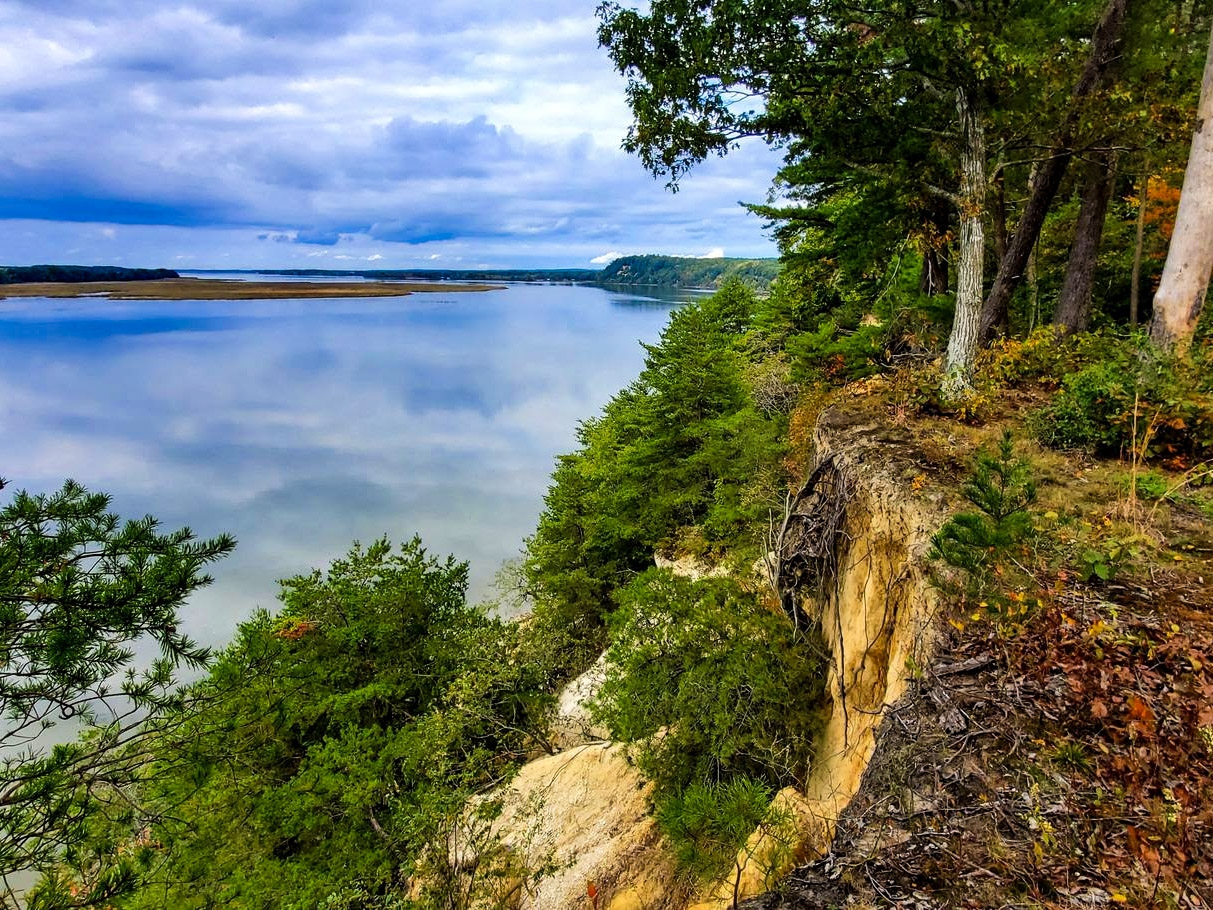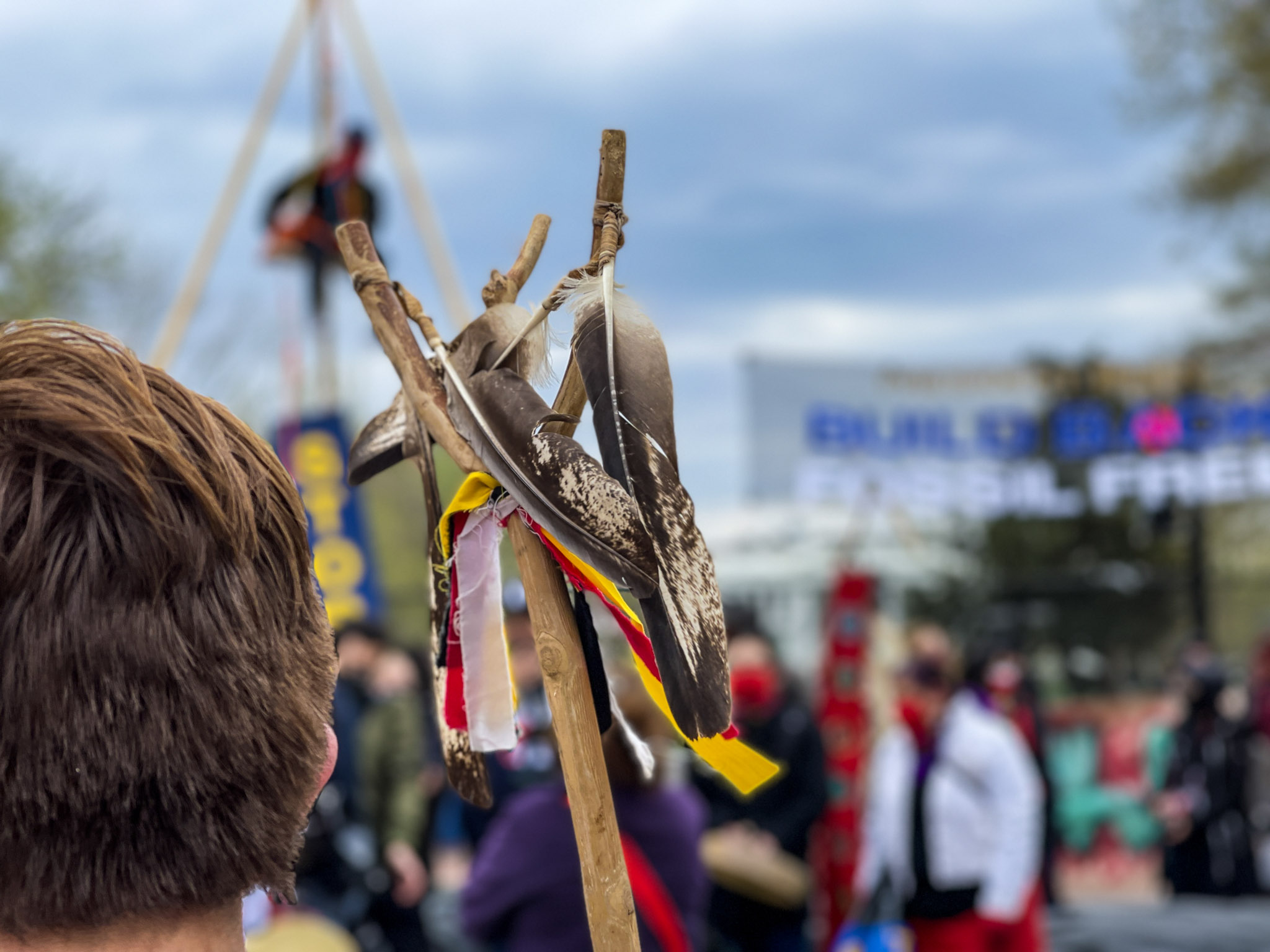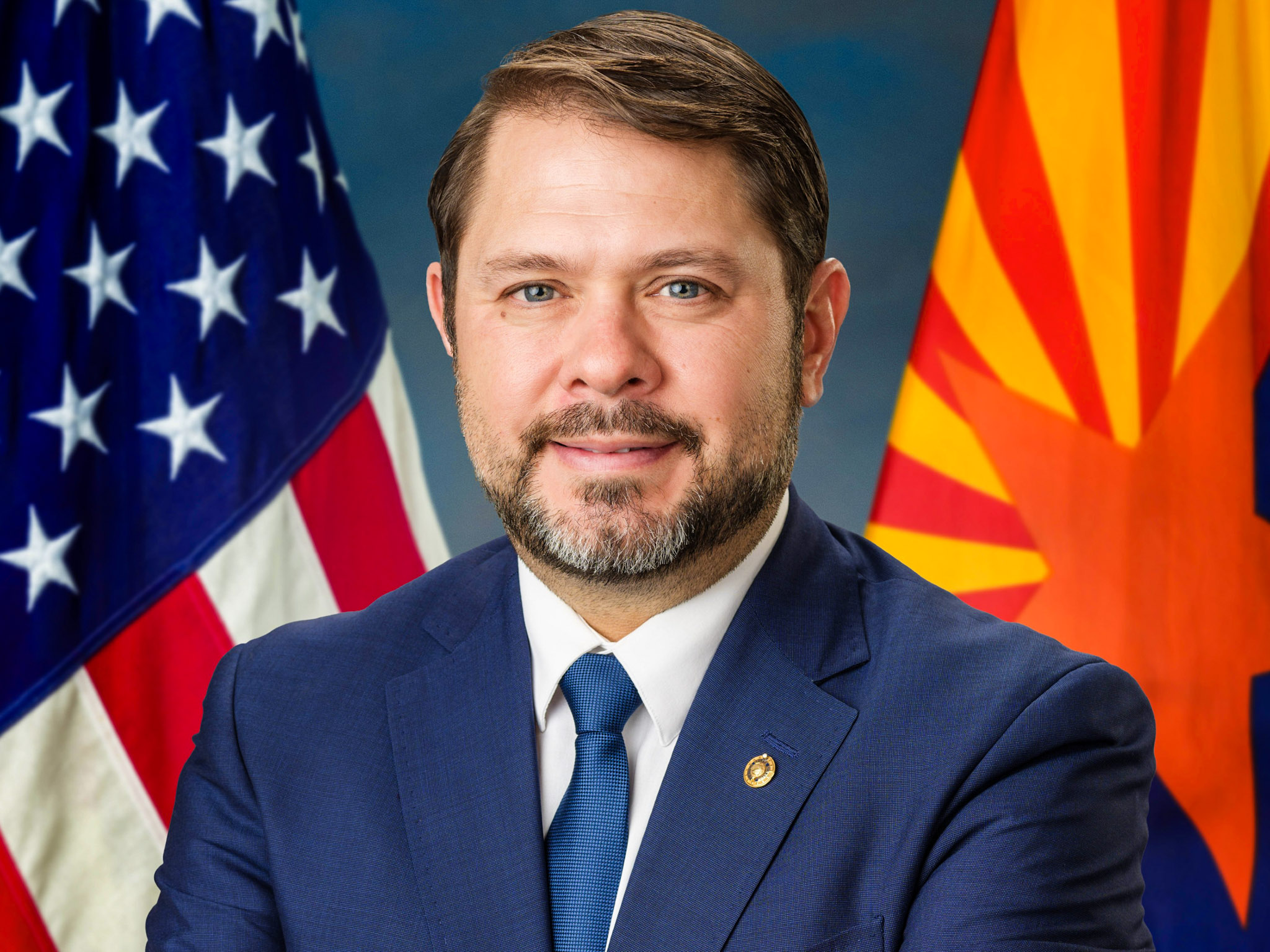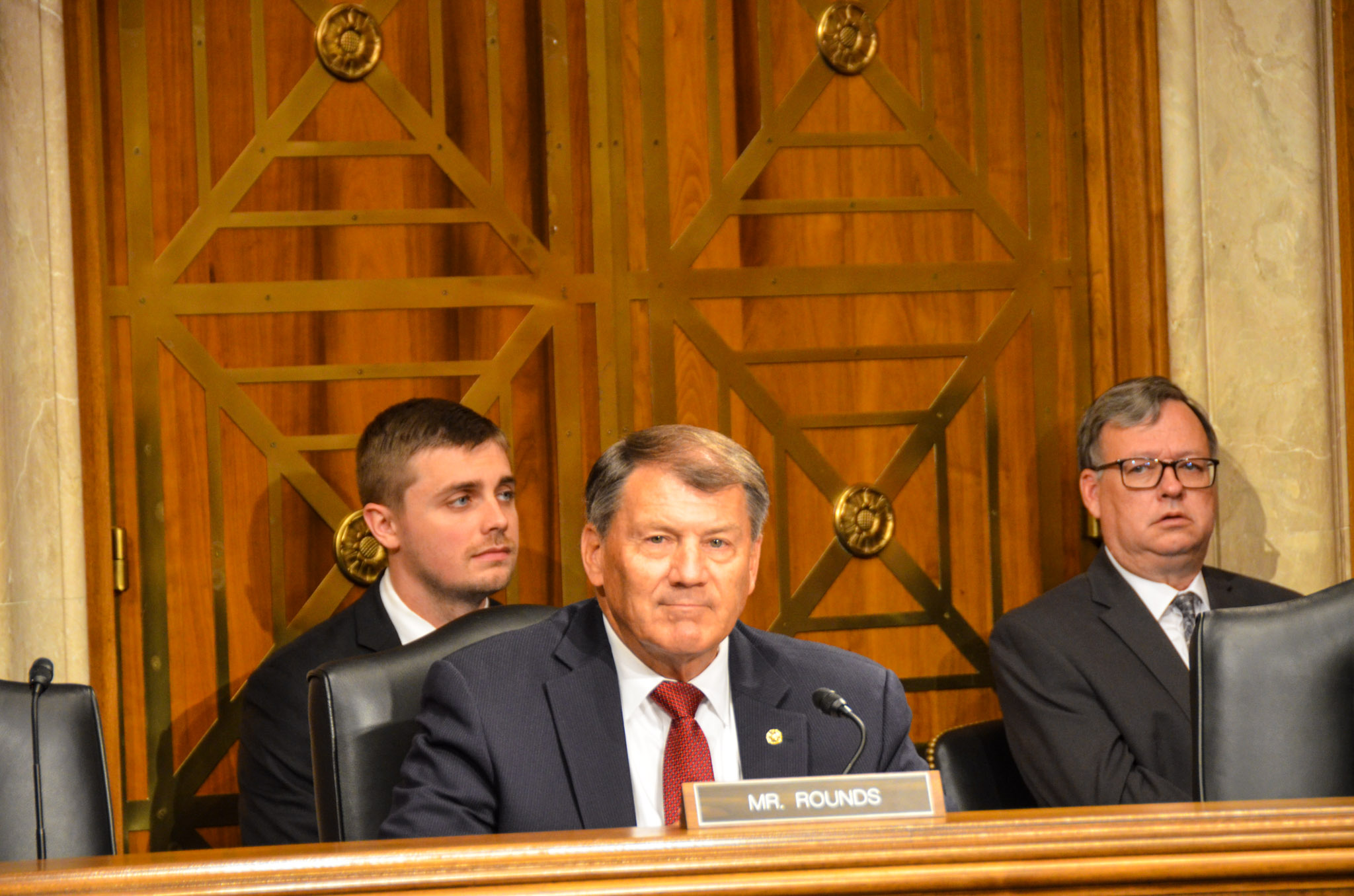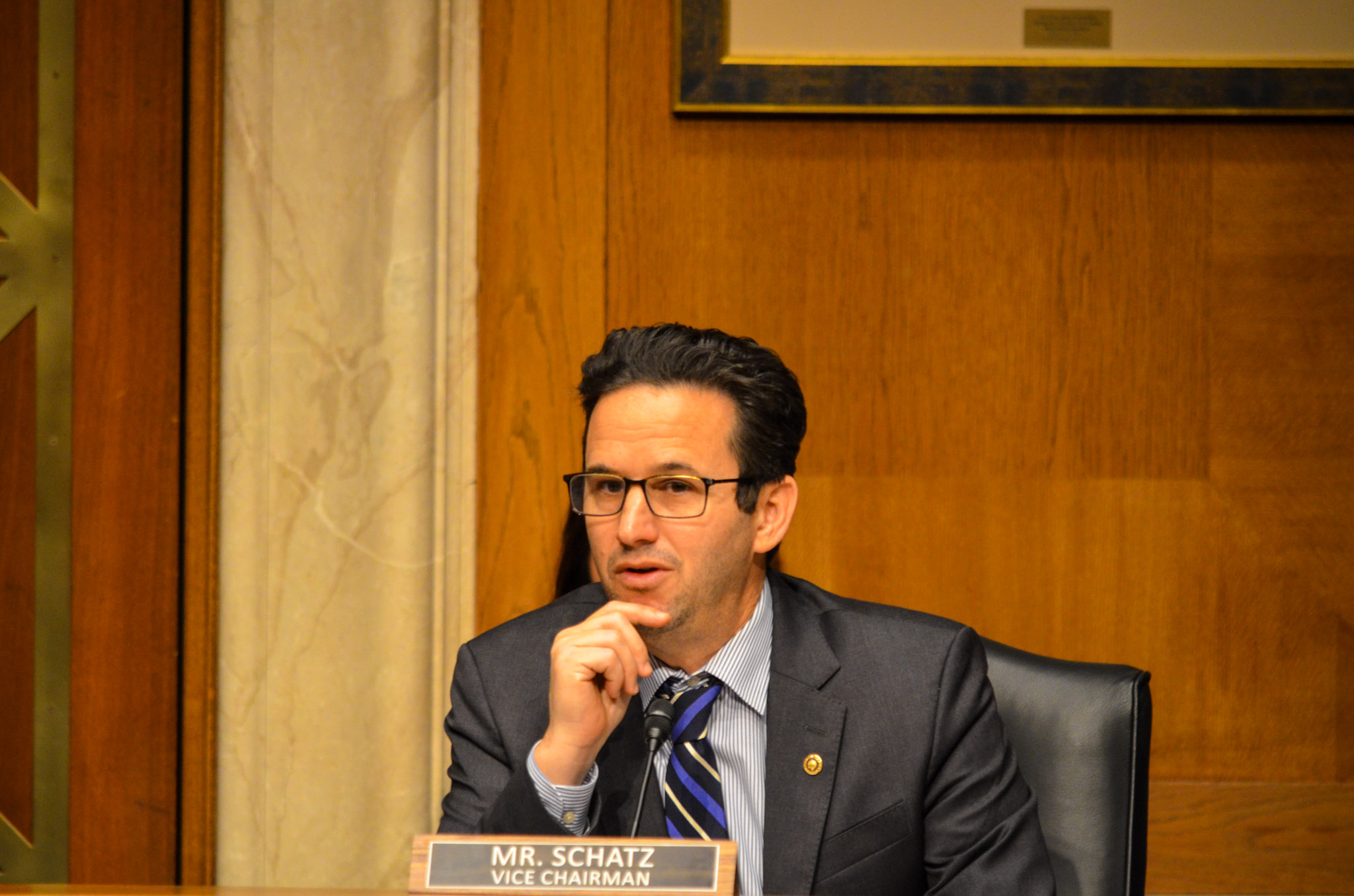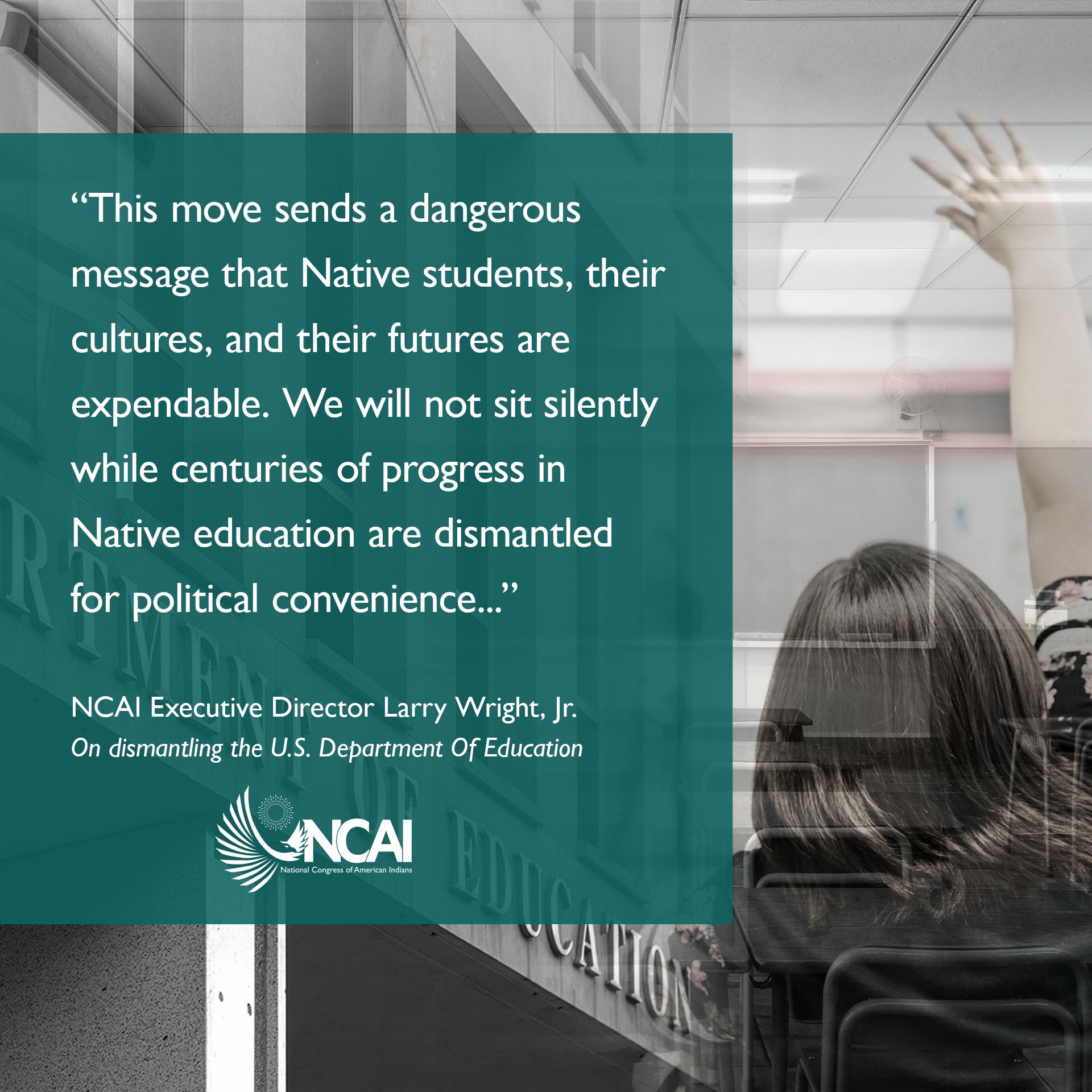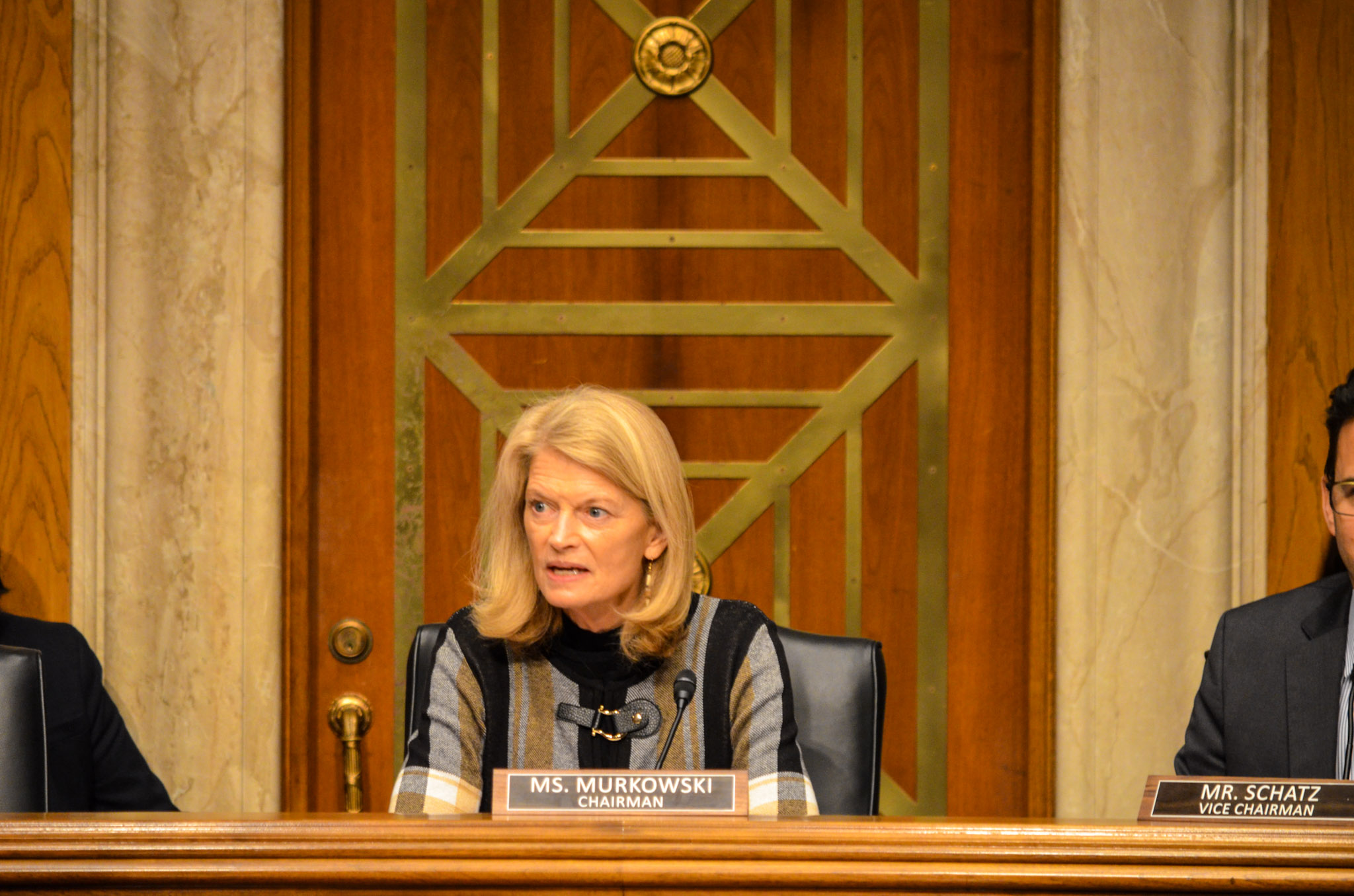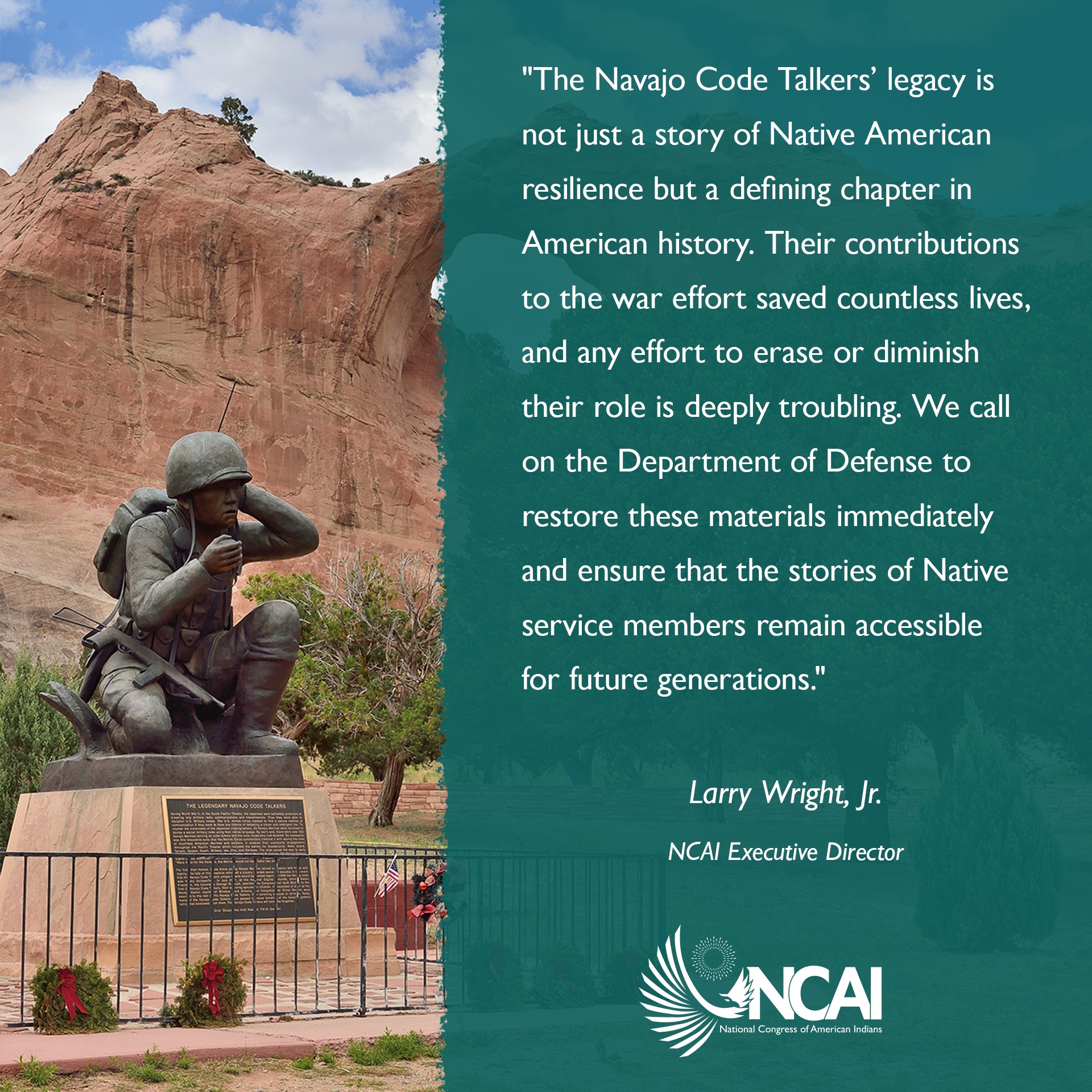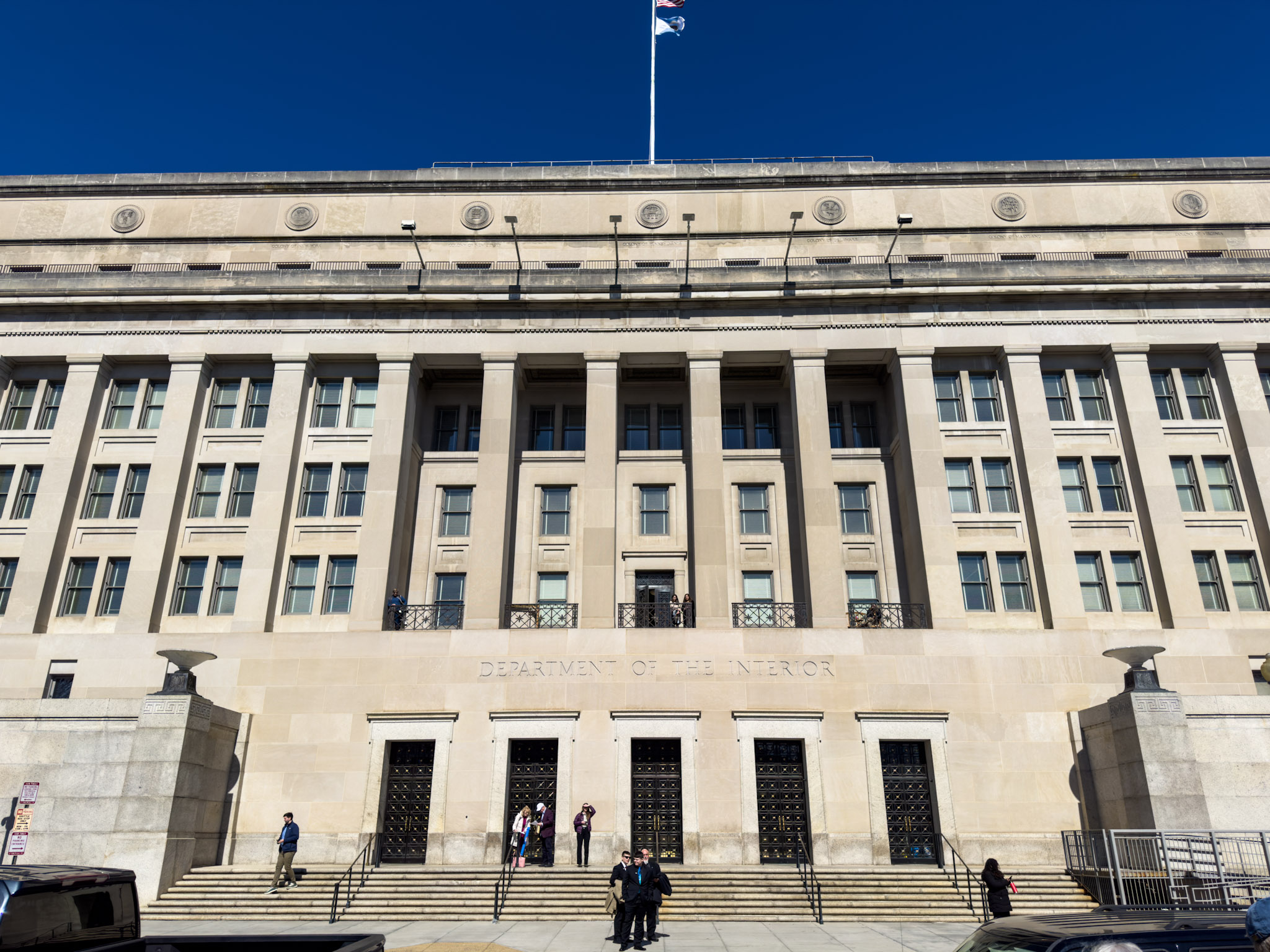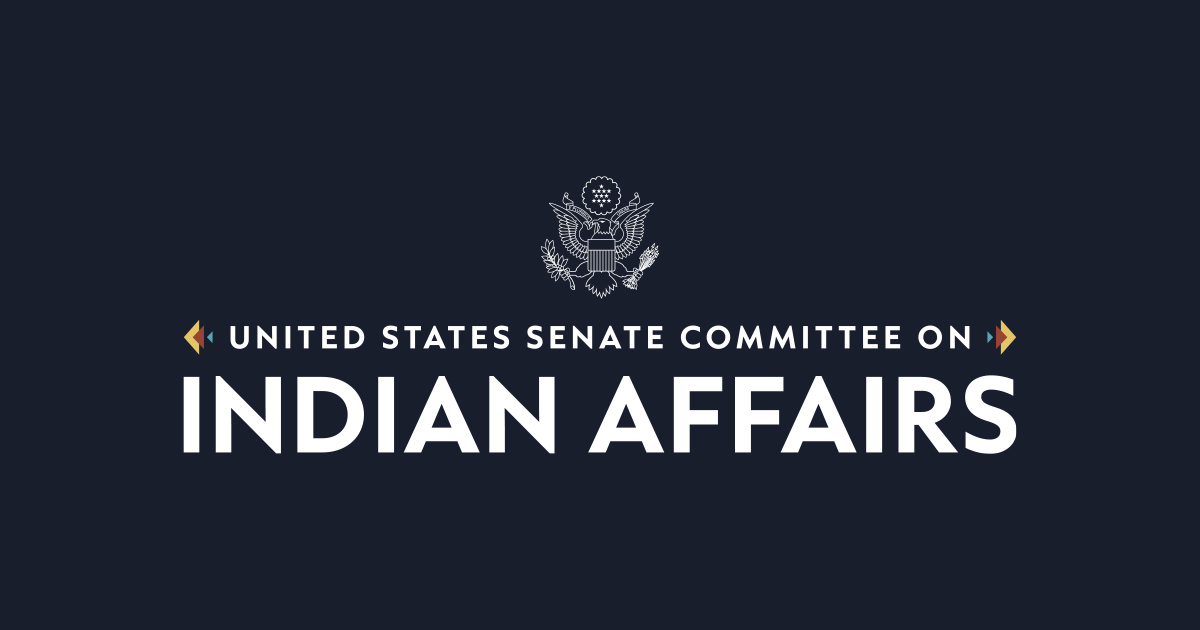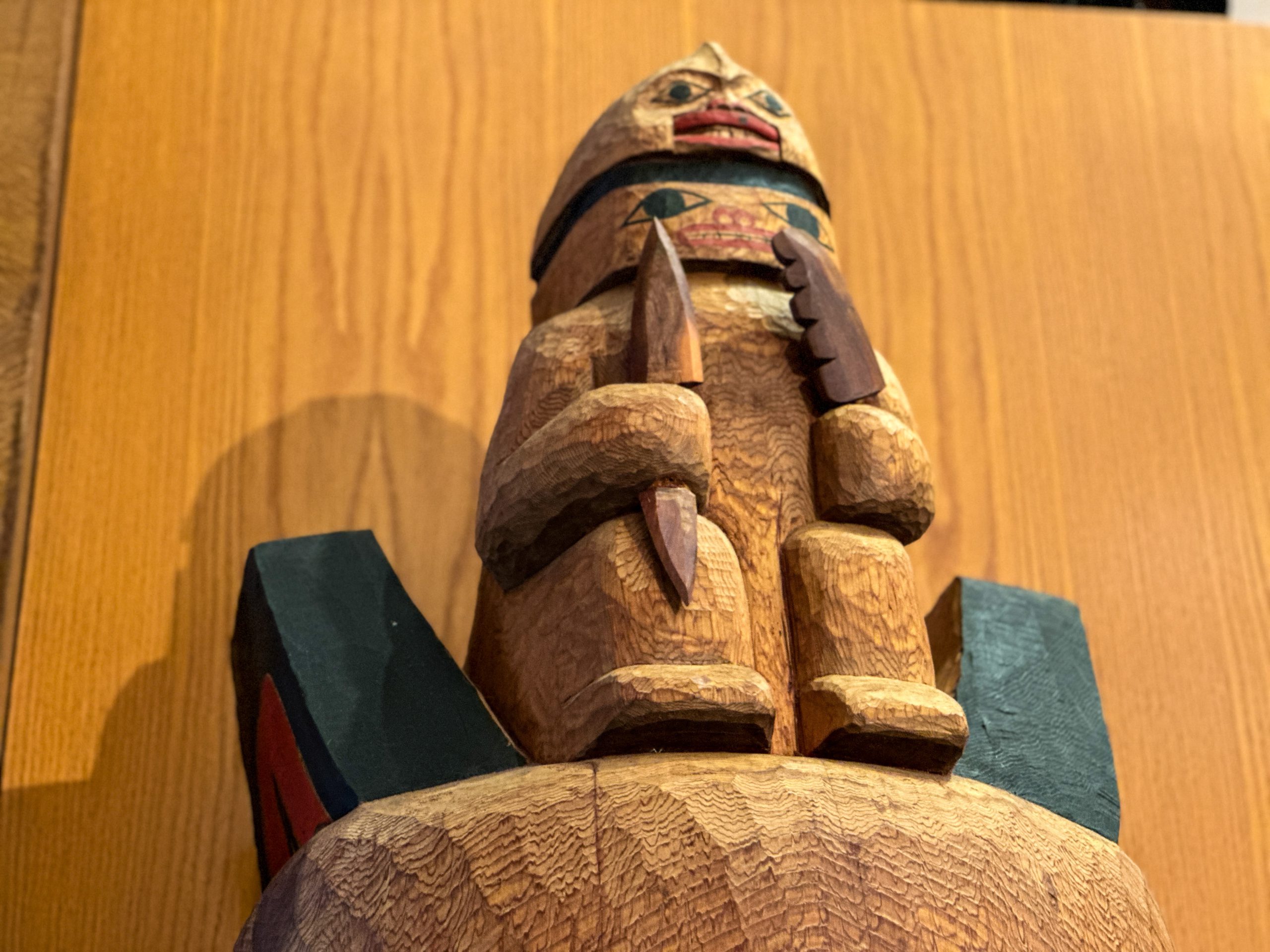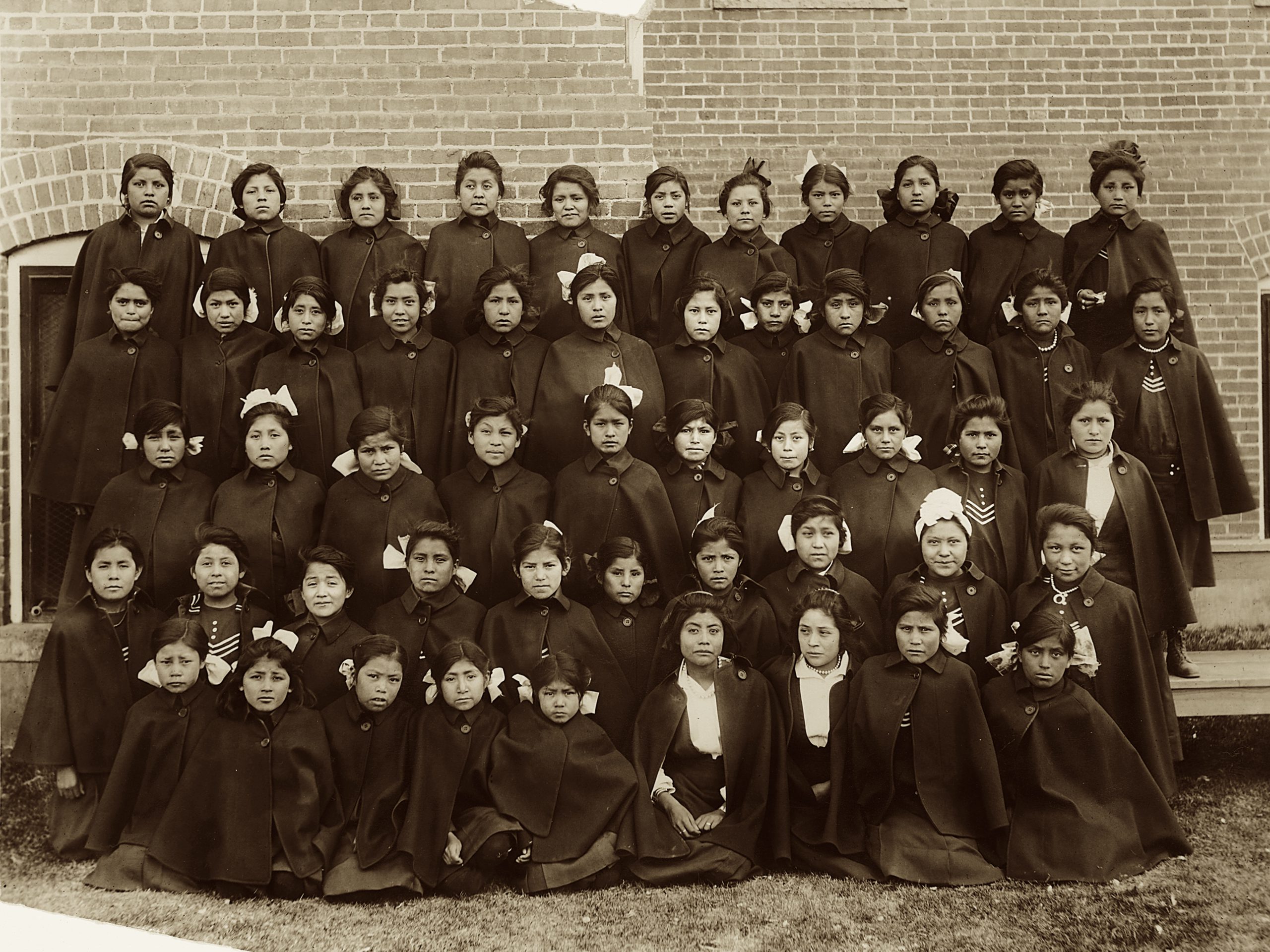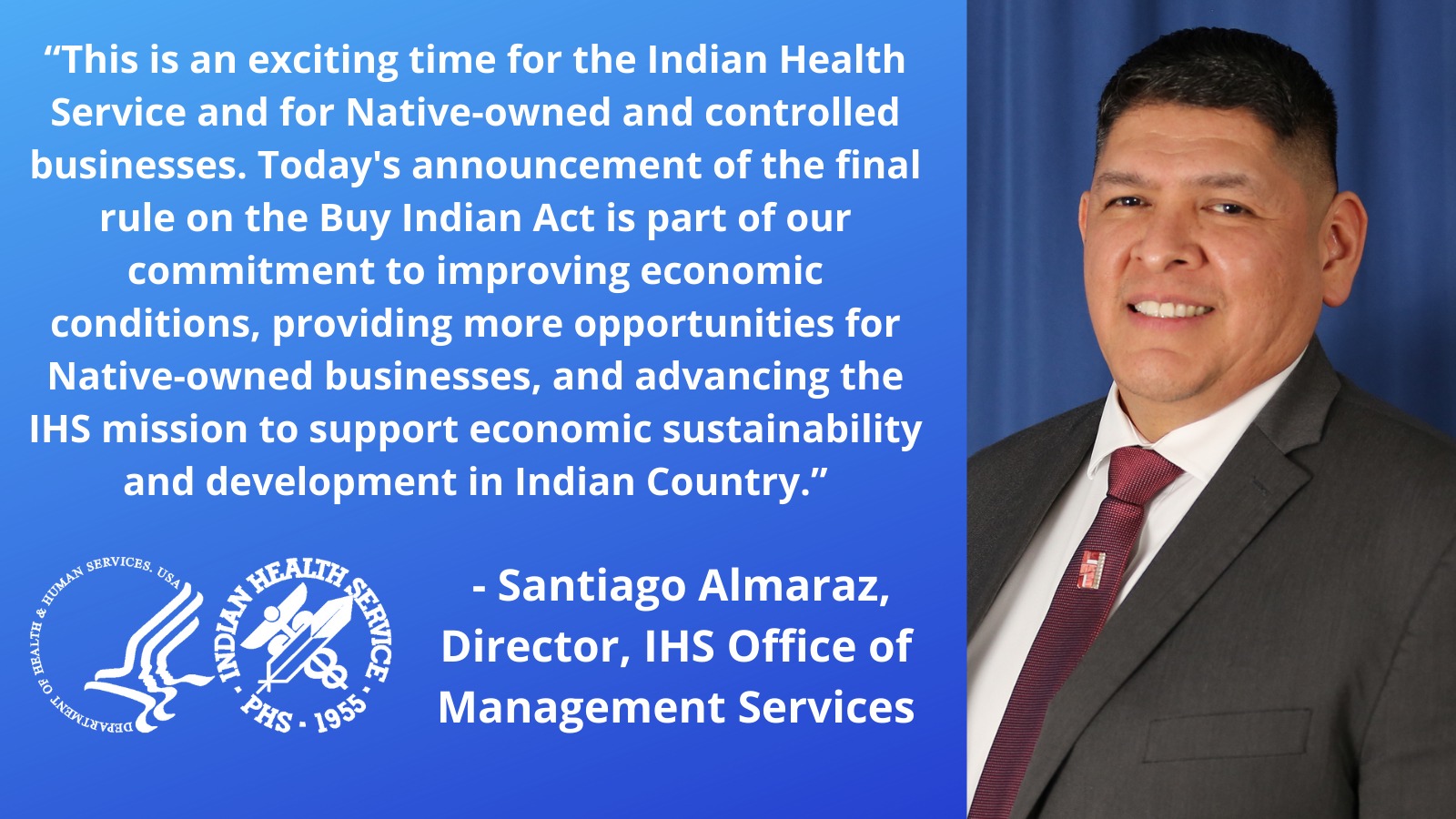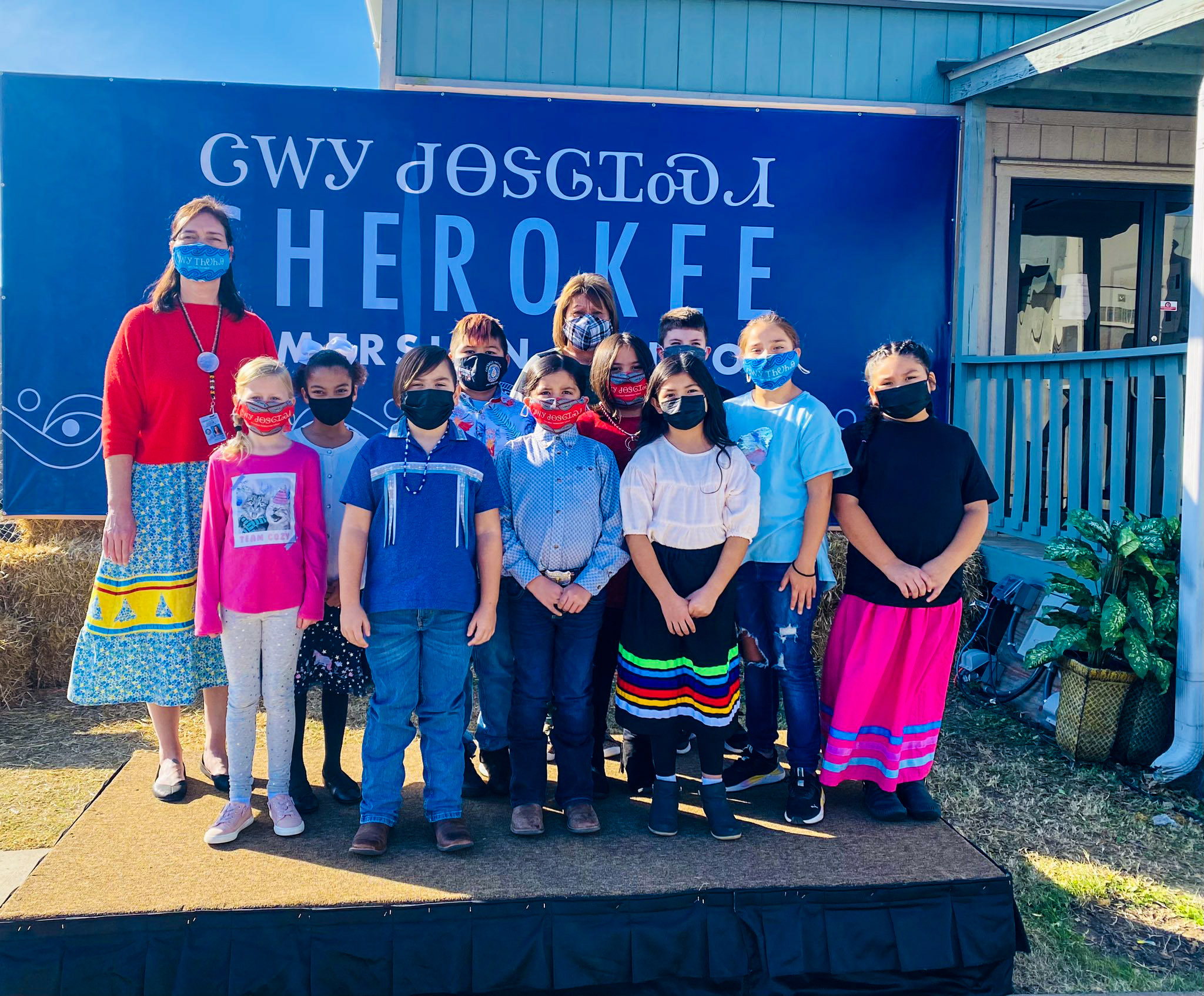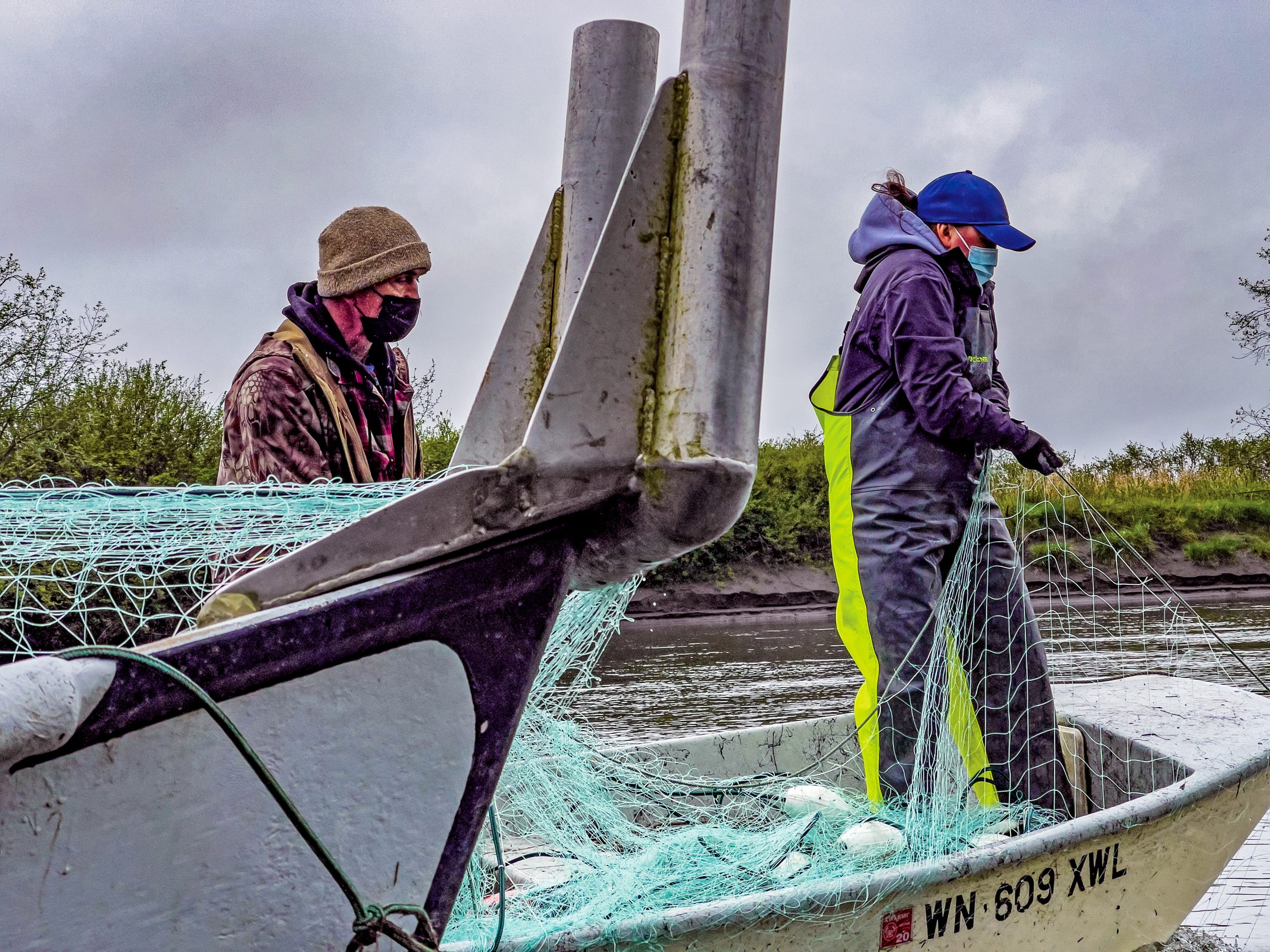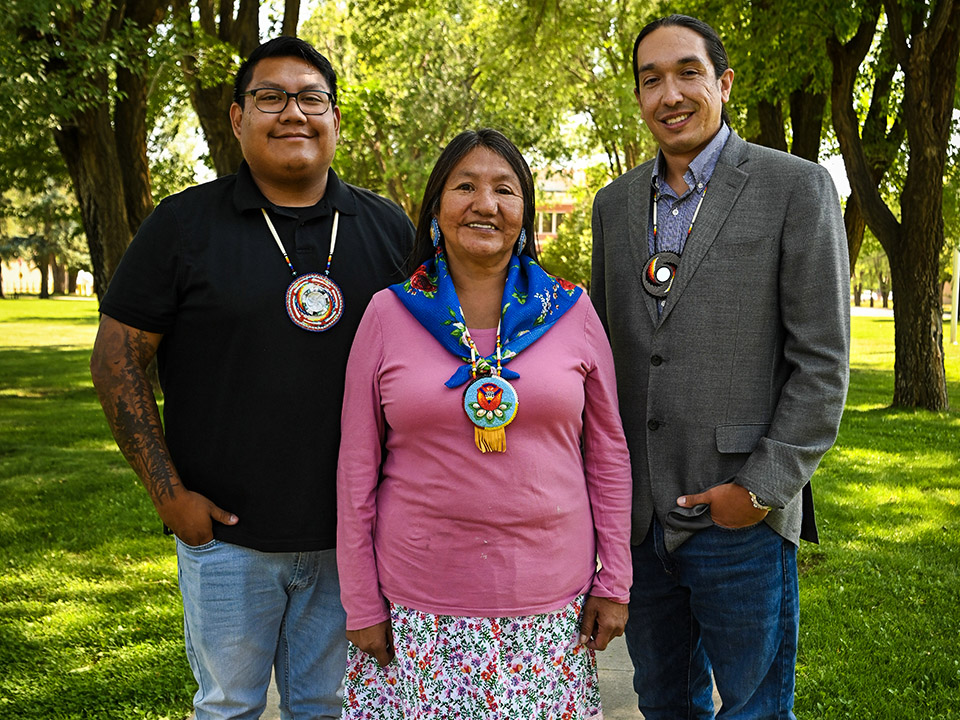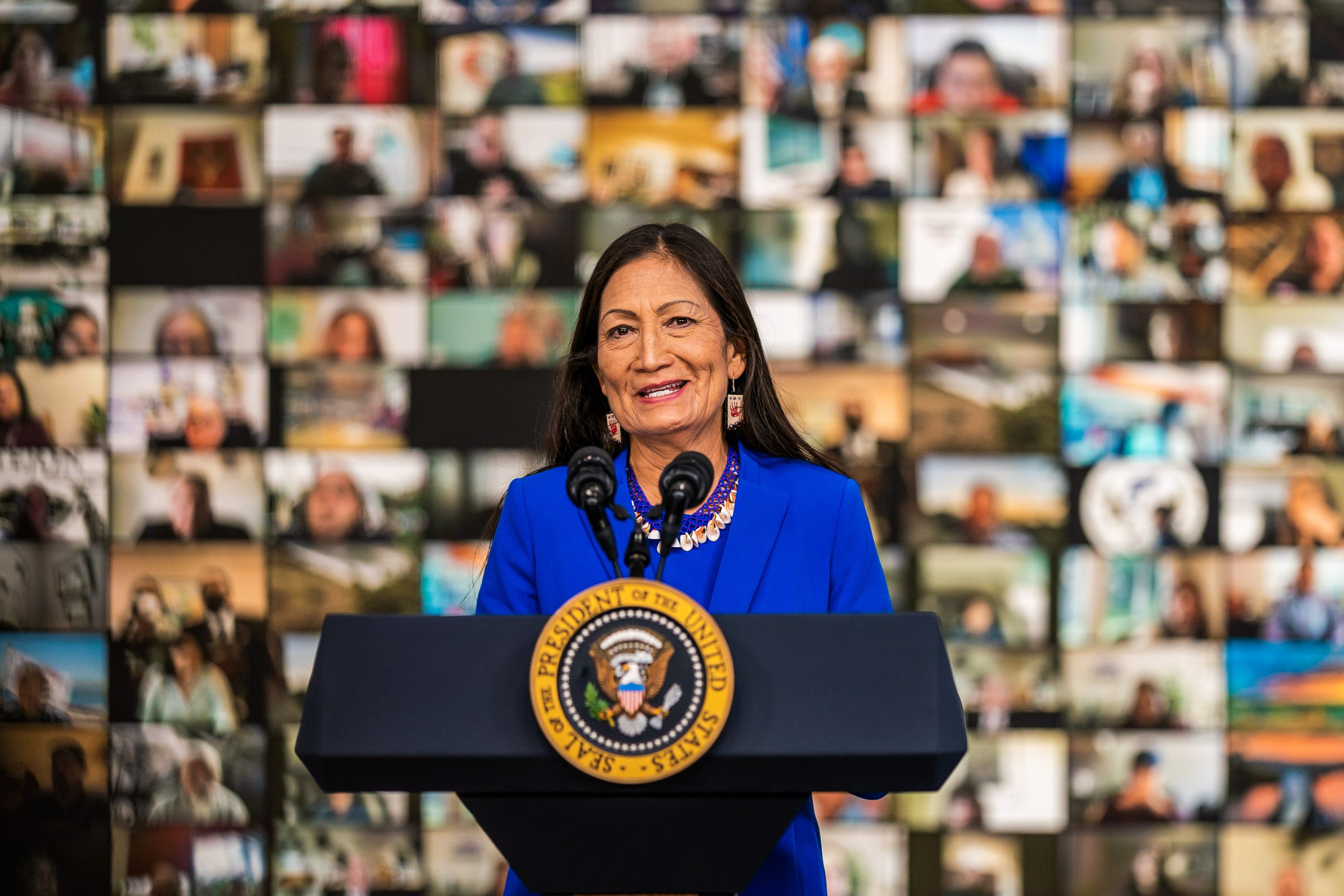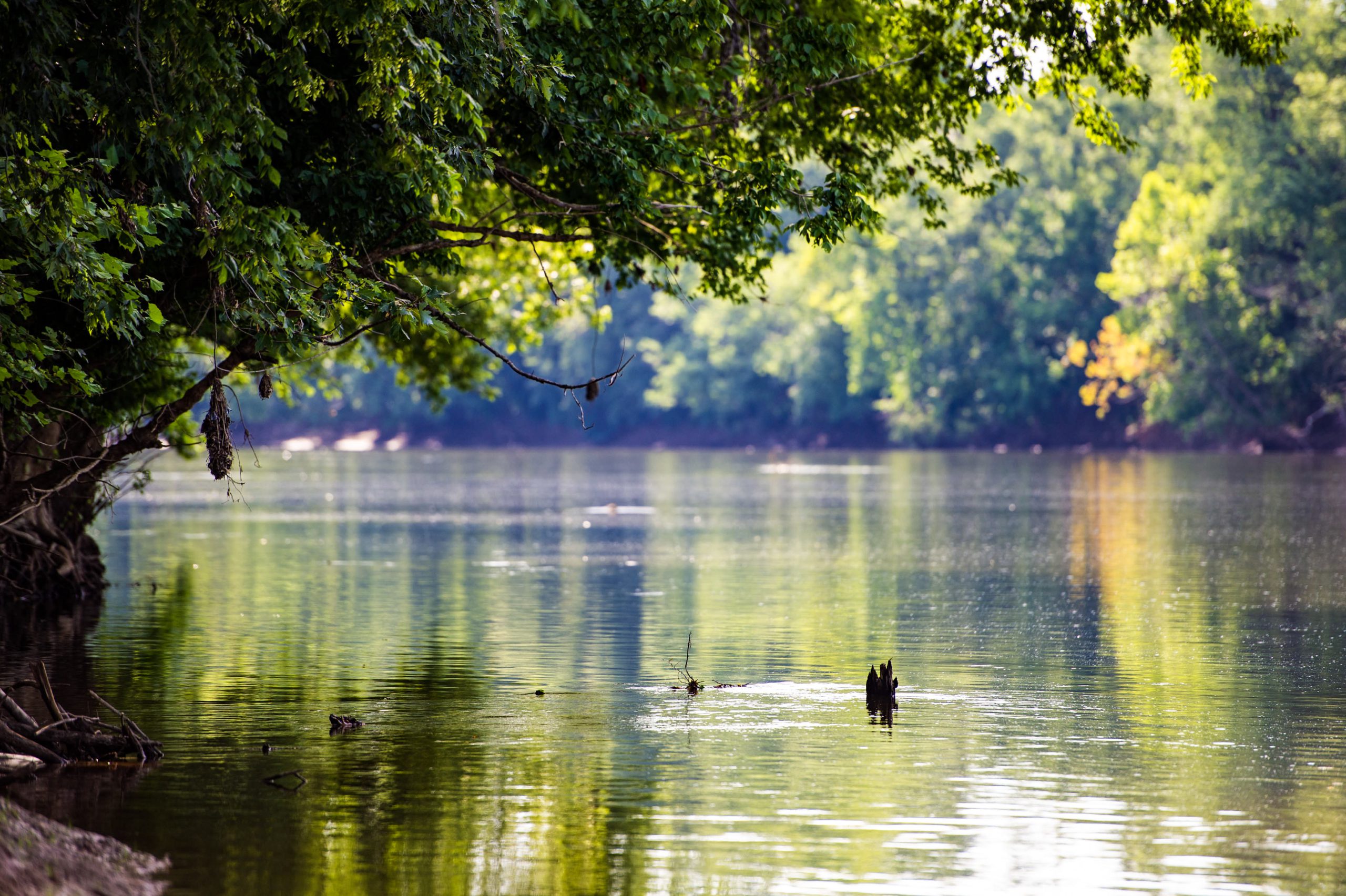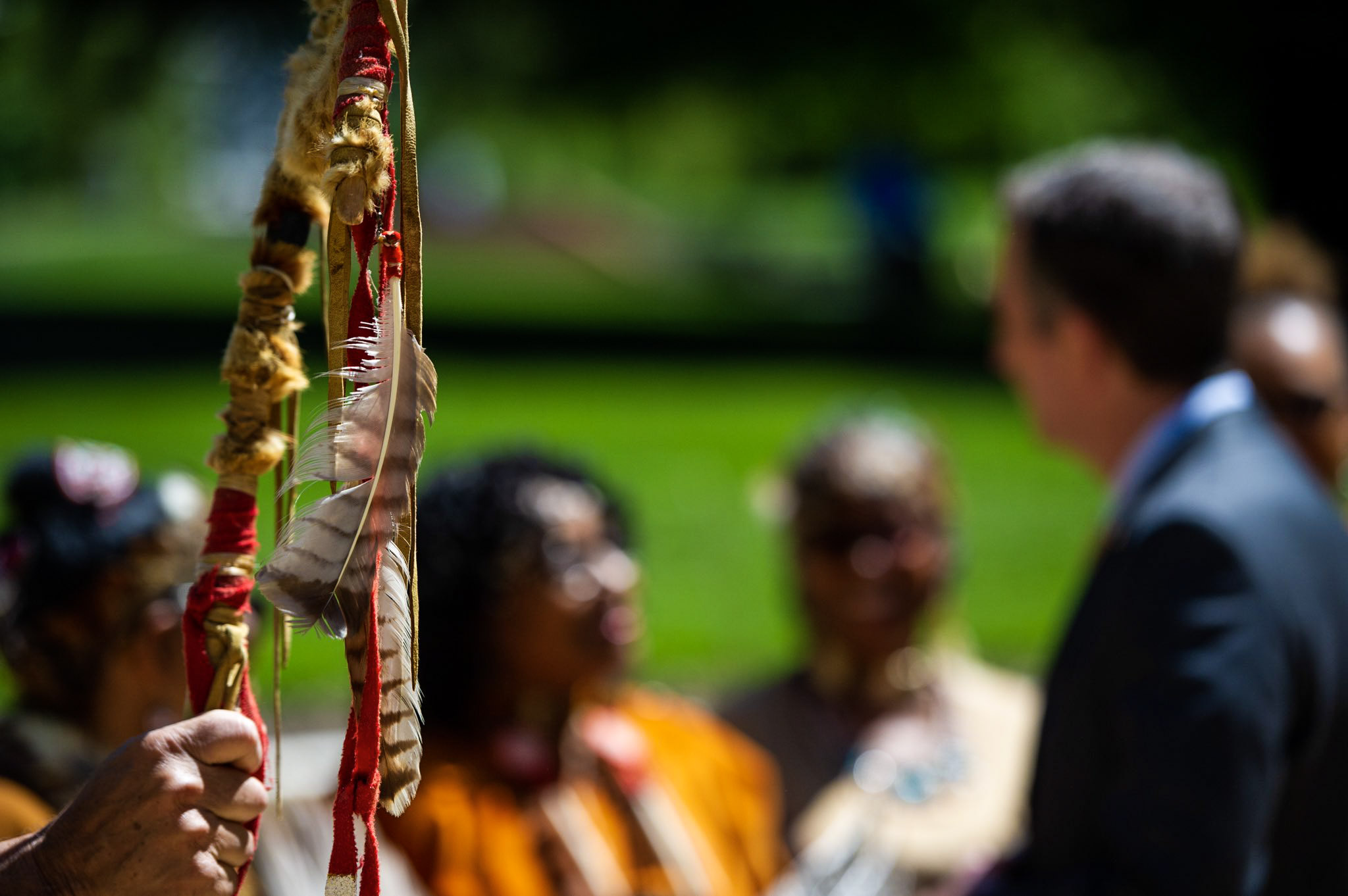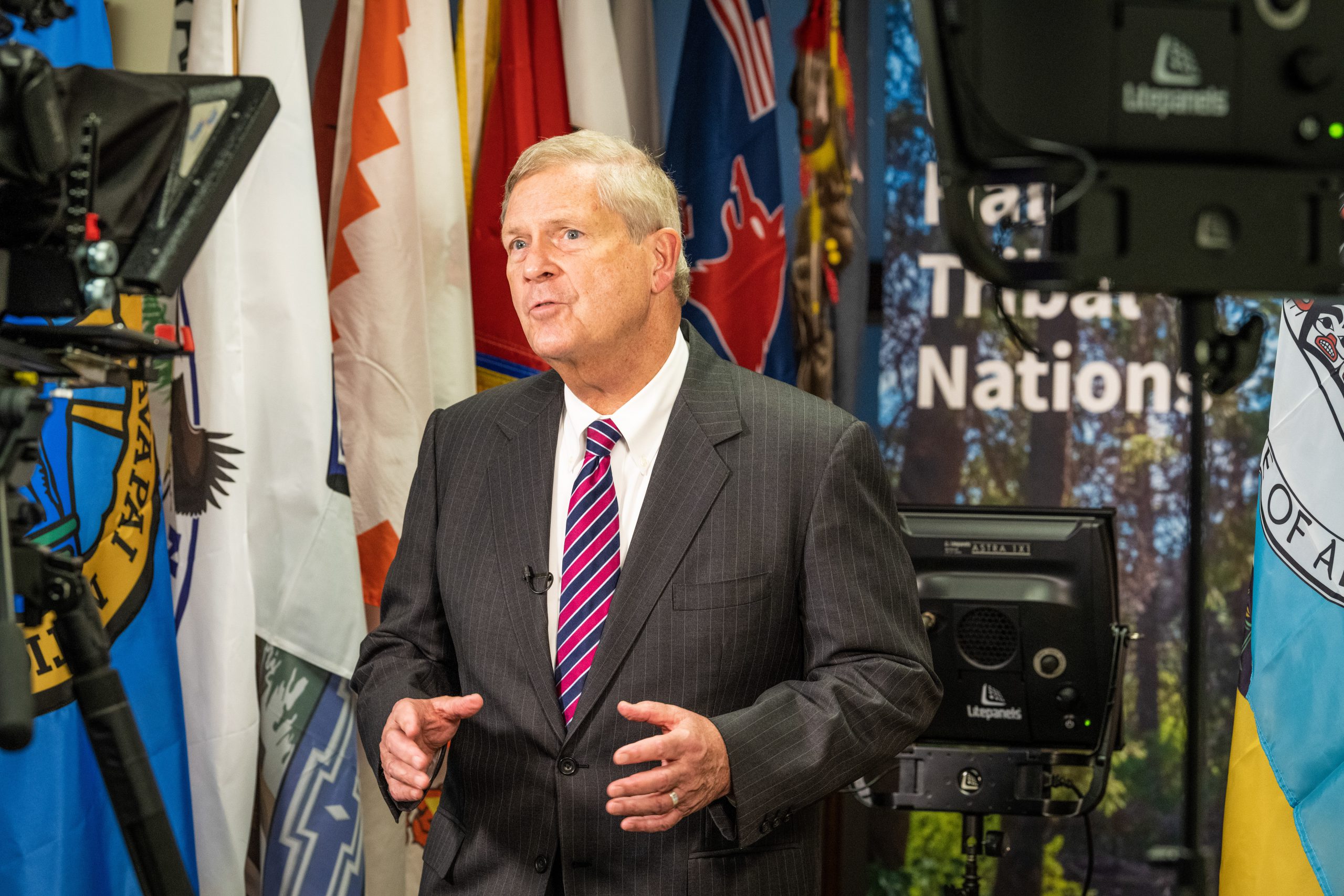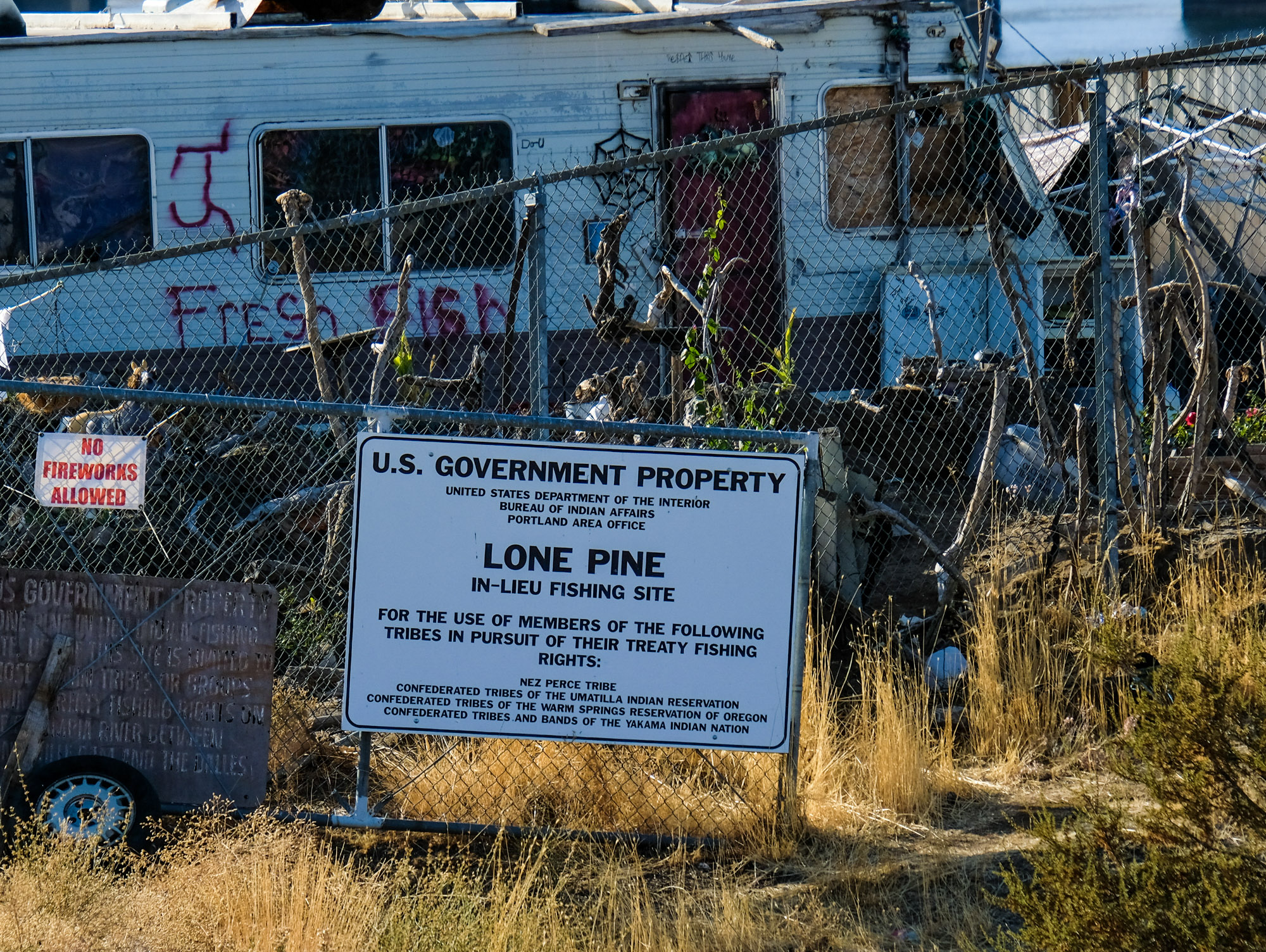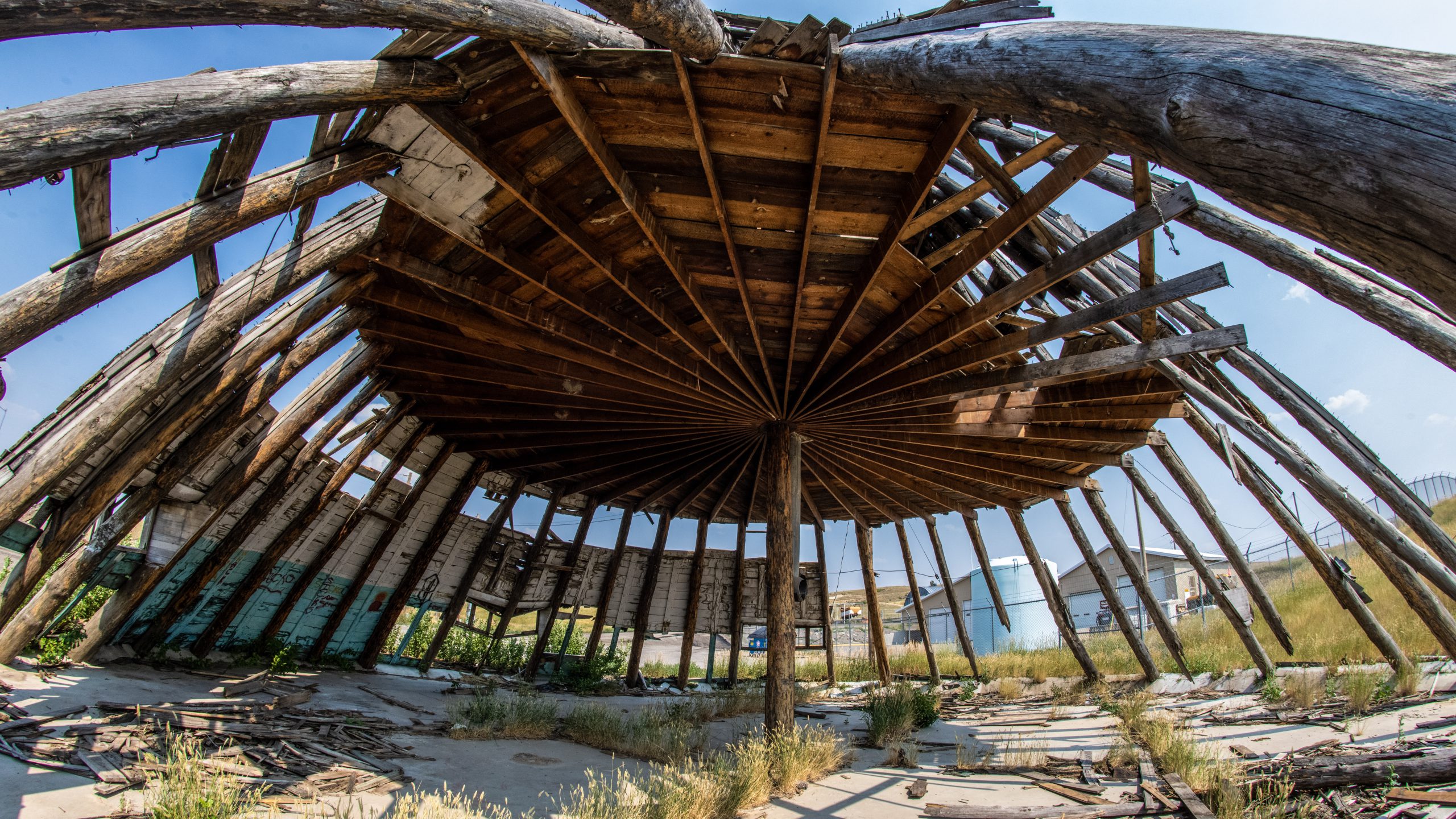“It is infringing on the rights of nature as stated in our Constitution,” said Chief Anne Richardson. “We will fight it.”
“The Miccosukee Tribe of Indians of Florida has long supported President Trump’s commitment to Everglades restoration, for the benefit of America’s public lands,” said Chairman Talbert Cypress.
The Smithsonian’s National Museum of the American Indian is hosting the Native Art Market in Washington, D.C.
“I’m not a career politician, I’m a builder,” said Rodney Rave in launching his campaign to represent Wisconsin’s 3rd District in the U.S. Congress.
“We are pleased to see members of Congress appear ready to set aside their differences and continue their work to serve all Americans,” said Principal Chief Gary Batton.
Sen. Susan Collins (R-Maine), chair of the Senate Committee on Appropriations, announces legislation to reopen the federal government.
The Department of Health and Human Services is sending public health professionals to sites across Indian Country.
Check out photos from the “Celebrating Indigeneity In Fashion” event during the inaugural Indigenous New York Fashion Week.
This year’s event took place during the first-ever Indigenous New York Fashion Week.
“This legislation is meaningful progress in honoring the federal government’s obligations to Tribal Nations,” said President Mark Macarro.
Oklahoma City Indian Clinic celebrates the outstanding achievements of its staff at the 22nd Annual Oklahoma City Area Director’s Indian Health Service Awards Ceremony.
“Any attempt to distract by invoking our names and purporting to speak for our communities is an affront to Tribal sovereignty and is not taken lightly,” said President Mark Macarro.
“The vote by the U.S. Senate and House to eliminate federal funding for the Corporation for Public Broadcasting will have profound, lasting, negative consequences for every American,” said President and CEO Patricia Harrison.
The House Appropriations Interior, Environment, and Related Agencies Subcommittee met to consider its Fiscal Year 2026 bill on July 15, 2025.
The House Appropriations Interior, Environment, and Related Agencies Subcommittee met to consider its Fiscal Year 2026 bill on July 15, 2025.
The National Congress of American Indians has hired Meghan Bishop as policy director.
The Senate Committee on Indian Affairs holds an oversight hearing on Native programs at the Department of Education.
“As a veteran who used VA care, I know intimately the importance of having a health care system our veterans and their families can rely on,” said Sen. Ruben Gallego (D-Arizona).
Dismantling the Department of Education could severely impact the government’s ability to meet its legal and moral commitments to Tribal Nations and their citizens, the American Indian Higher Education Consortium said.
“Our membership has been listening carefully to the conversations around sports betting legislation in Oklahoma,” said Matthew L. Morgan, chairman of the Oklahoma Indian Gaming Association.
“Great Plains reservation communities are continuing to deal with a public safety crisis,” said Sen. Mike Rounds (R-South Dakota), a member of the Senate Committee on Indian Affairs.
“One of the federal government’s core trust and treaty responsibilities to American Indians, Native Hawaiians, and Alaska Natives is to provide education,” said Sen. Brian Schatz (D-Hawaii), the vice chair of the Senate Committee on Indian Affairs.
“This is not just an administrative change – it’s an attack on the fundamental right of Native students to a quality education that reflects their identity, history, and sovereignty,” said NCAI President Mark Macarro.
“Following my recent transition to Chairman of the Senate Committee on Indian Affairs, it is as important as ever to have driven and dedicated staff members to advance the needs of Native peoples, said Sen. Lisa Murkowski (R-Alaska).
“The Navajo Code Talkers’ legacy is not just a story of Native American resilience but a defining chapter in American history,” said NCAI Executive Director Larry Wright, Jr.
“This land transfer is a significant step toward strengthening tribal sovereignty and empowering the Spirit Lake Nation to use its trust lands for economic growth and community well-being,” said Secretary of the Interior Doug Burgum.
“The Department’s concluding report on its investigation into federal Indian boarding school policies is an important next step toward a full accounting of the United States’ systemic effort to erase Native identities, languages, and cultures for its own gain,” said Sen. Brian Schatz (D-Hawaii).
“For more than a century, the federal government’s Indian Boarding School policies and practices sought to destroy Native languages, cultures, and identities,” said Sen. Brian Schatz (D-Hawaii).
The Federal Indian Boarding School Initiative at the Department of the Interior has released its initial report. Read the official press release.
The Indian Health Service is expanding opportunities for Indian-owned businesses with a new rule for the Buy Indian Act.
“Preserving Native languages is fundamental to preserving all aspects of tribal cultures and traditions,” said Assistant Secretary for Indian Affairs Bryan Newland.
“The appearance of the European green crab is a serious threat to our treaty fishing rights,” said Chairman Willie Jones Jr.
Seven new tribal historic preservation agreements were completed and signed with tribes in seven states in 2021.
“Racist terms have no place in our vernacular or on our federal lands,” said Secretary of the Interior Deb Haaland.
A new consultation policy in Virginia requires free, prior and informed consent of tribal nations before any state permits are approved.
“The Commonwealth has an important and unique government-to-government relationship with Virginia’s Tribal Nations,” said Gov. Ralph Northam (D).
The Department of the Interior announced the formation of a new Secretary’s Tribal Advisory Committee for tribal leaders to engage in routine and robust conversations directly with Secretary Deb Haaland.
“USDA respects the unique nation-to-nation relationship between the federal government and tribal nations,” said Secretary Tom Vilsack.
“Tribal Nations entered into treaties, in part, to protect their way of life and inherent rights to natural resources of cultural, economic, and subsistence importance,” said Secretary of the Interior Deb Haaland.
The Department of the Interior and the Department of Agriculture will be working together to promote tribal co-stewardship of federal lands and waters.
Advertisement
